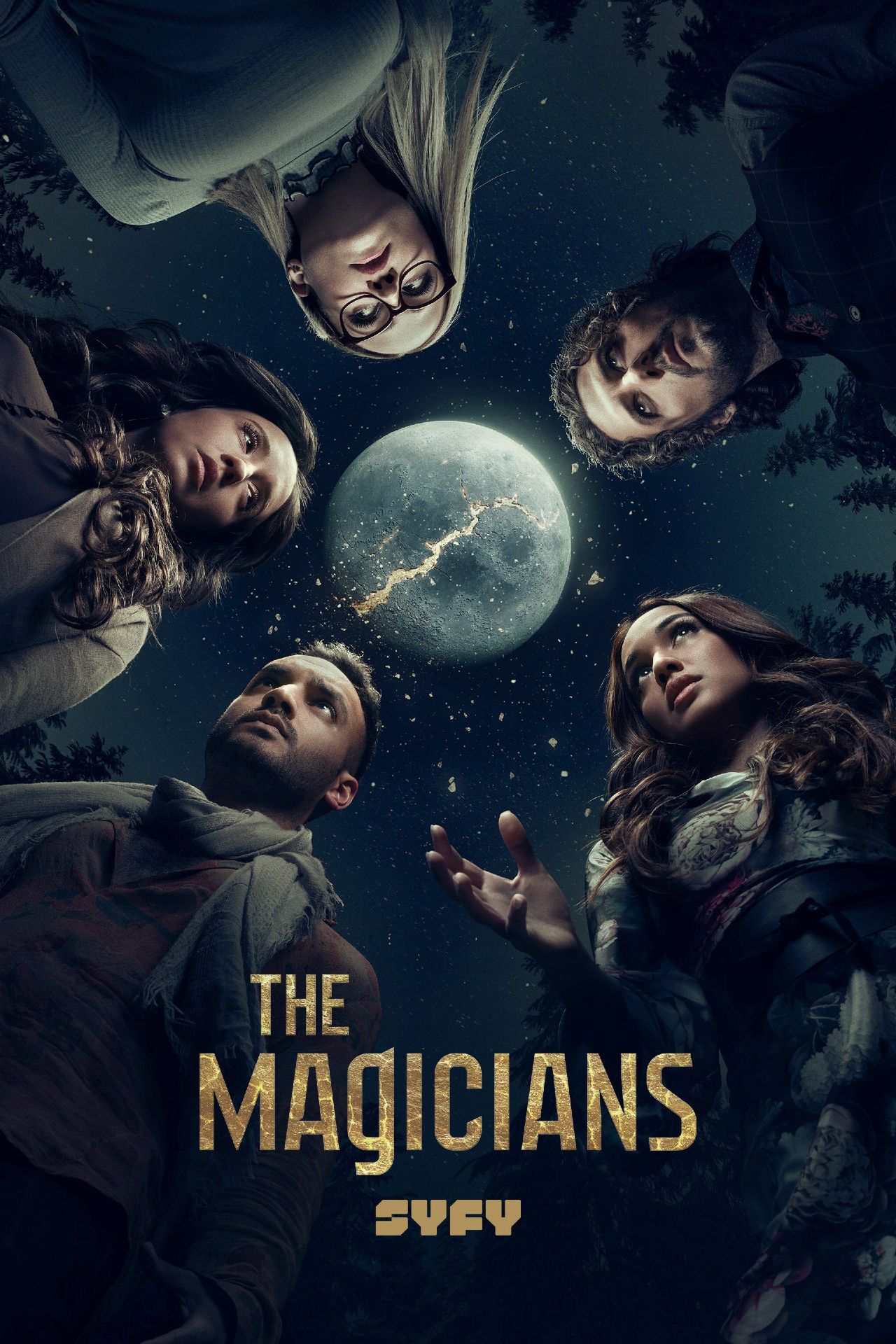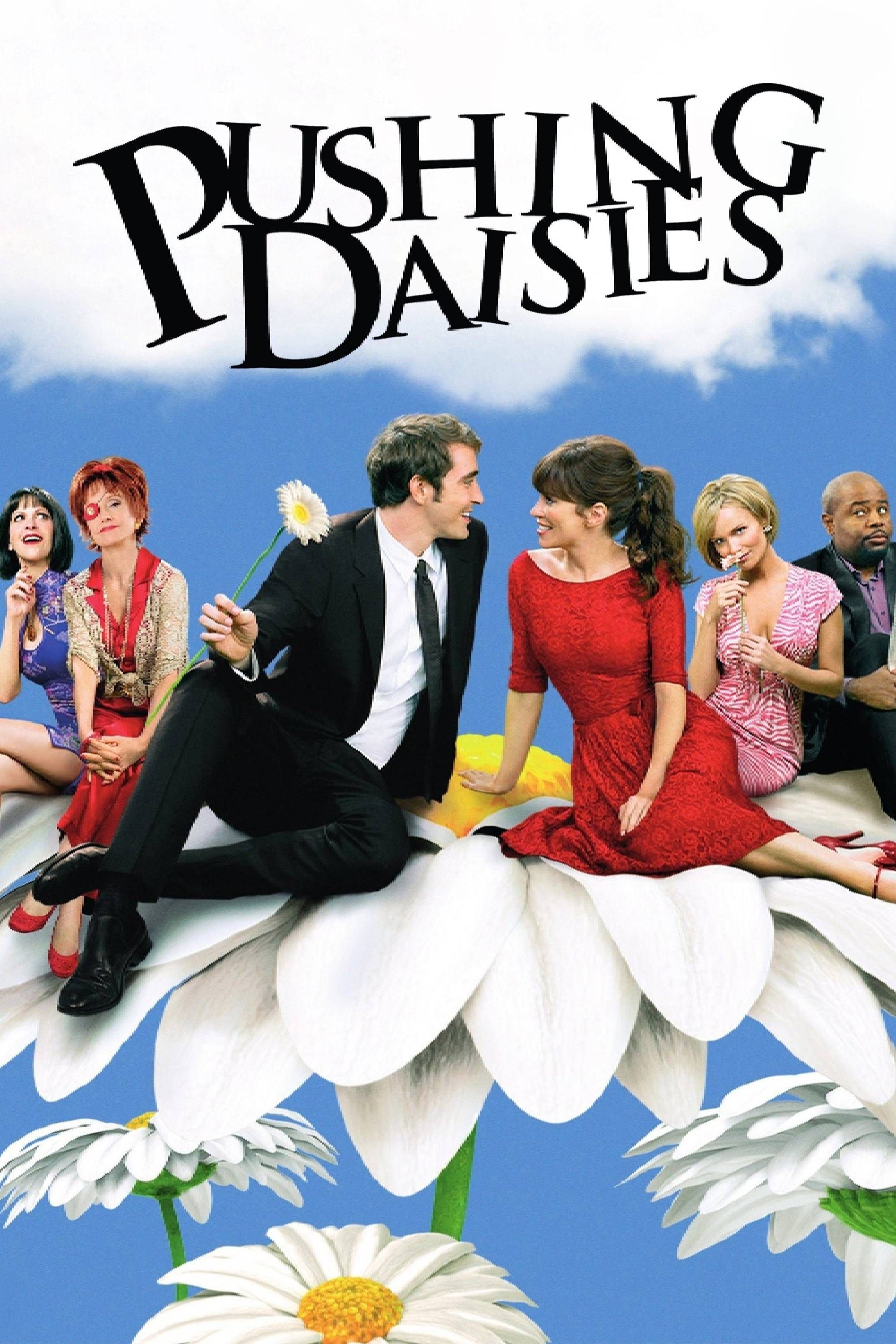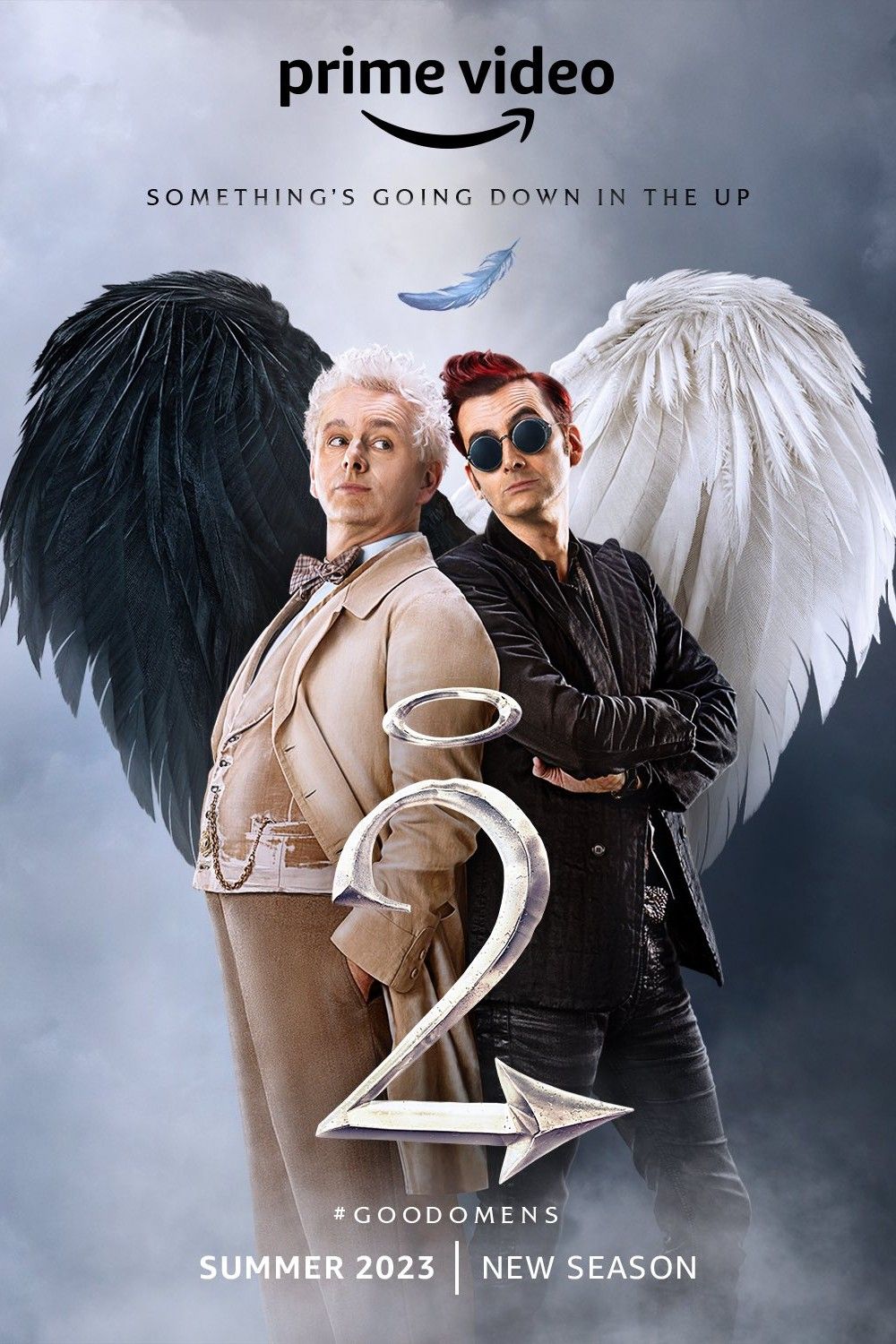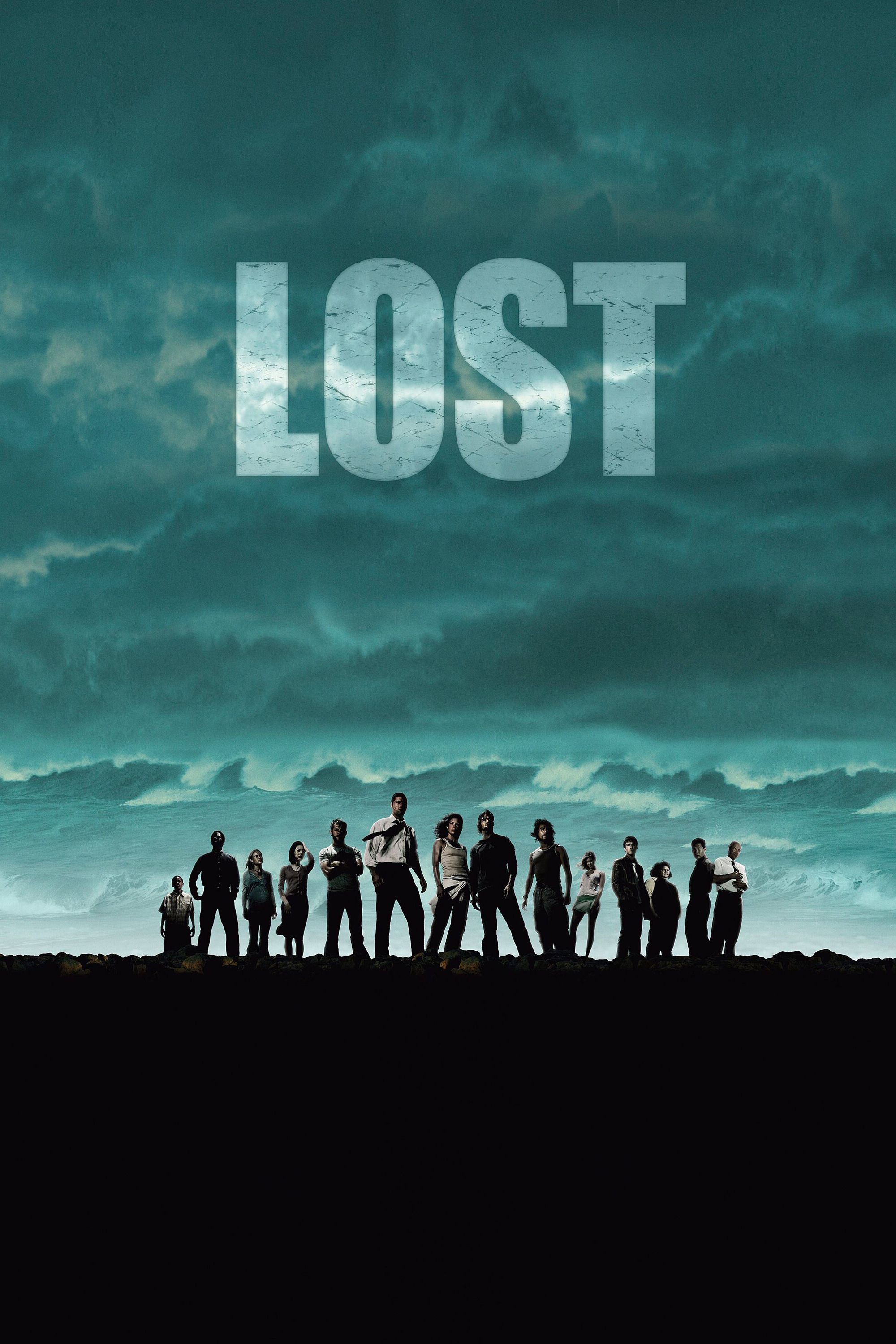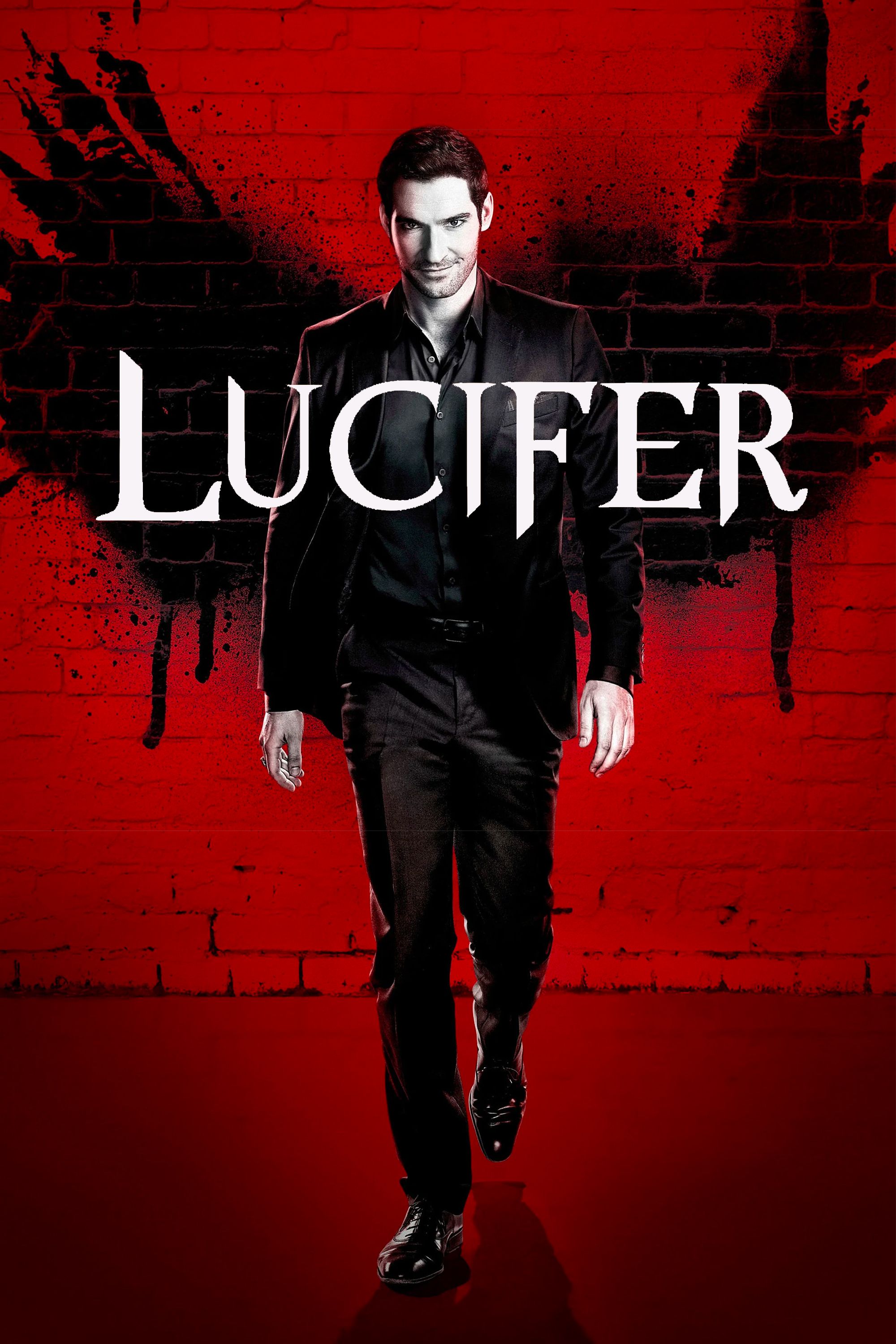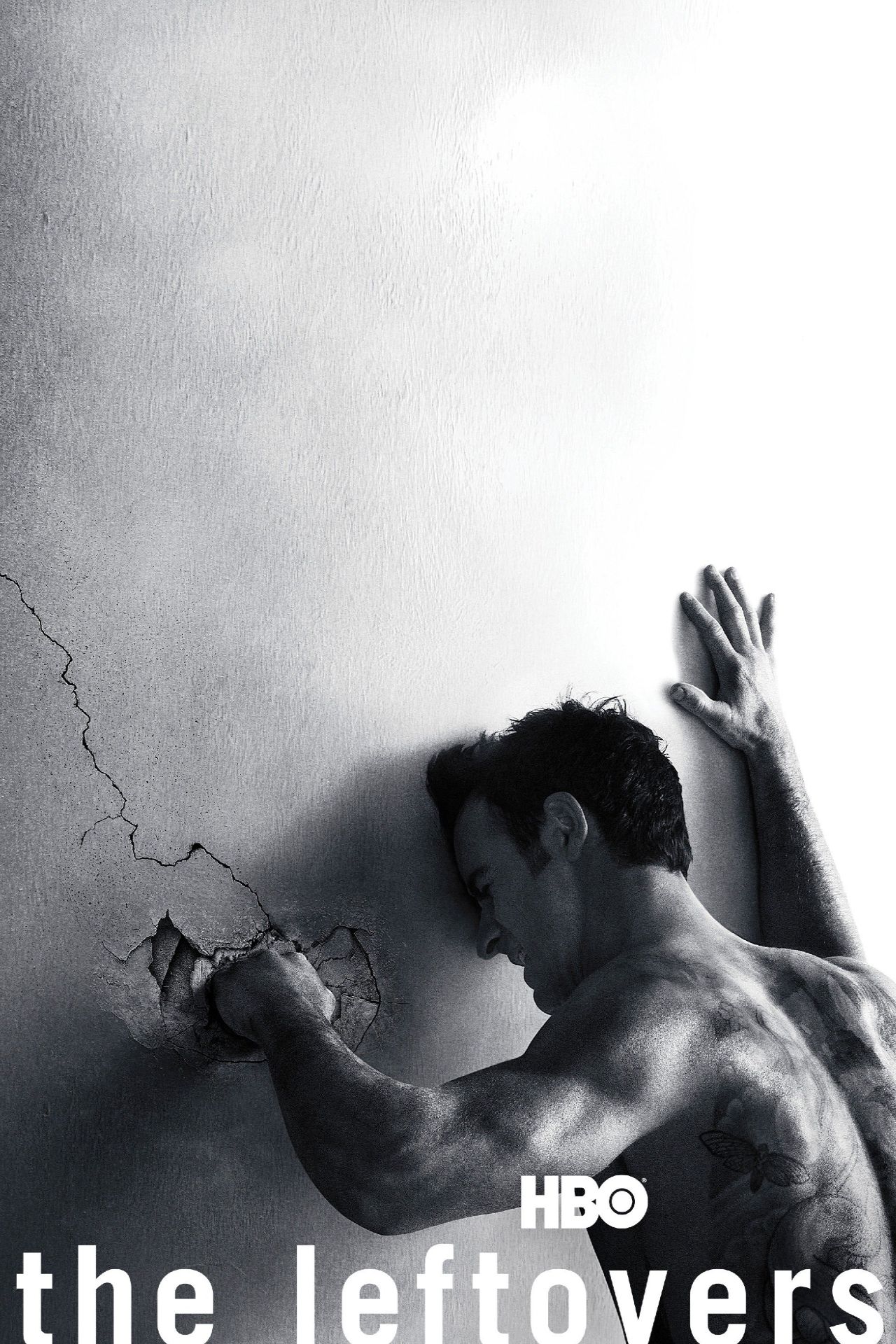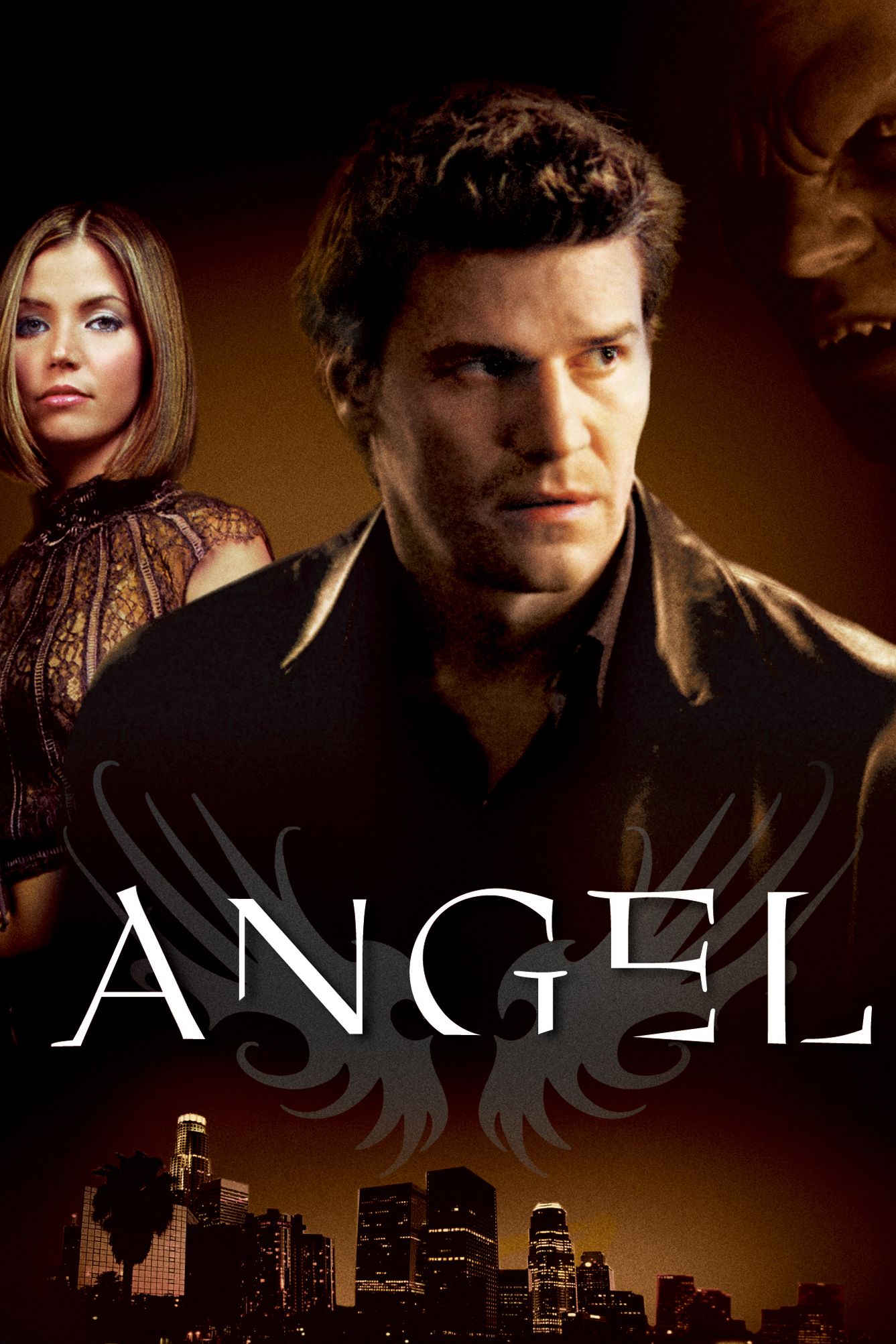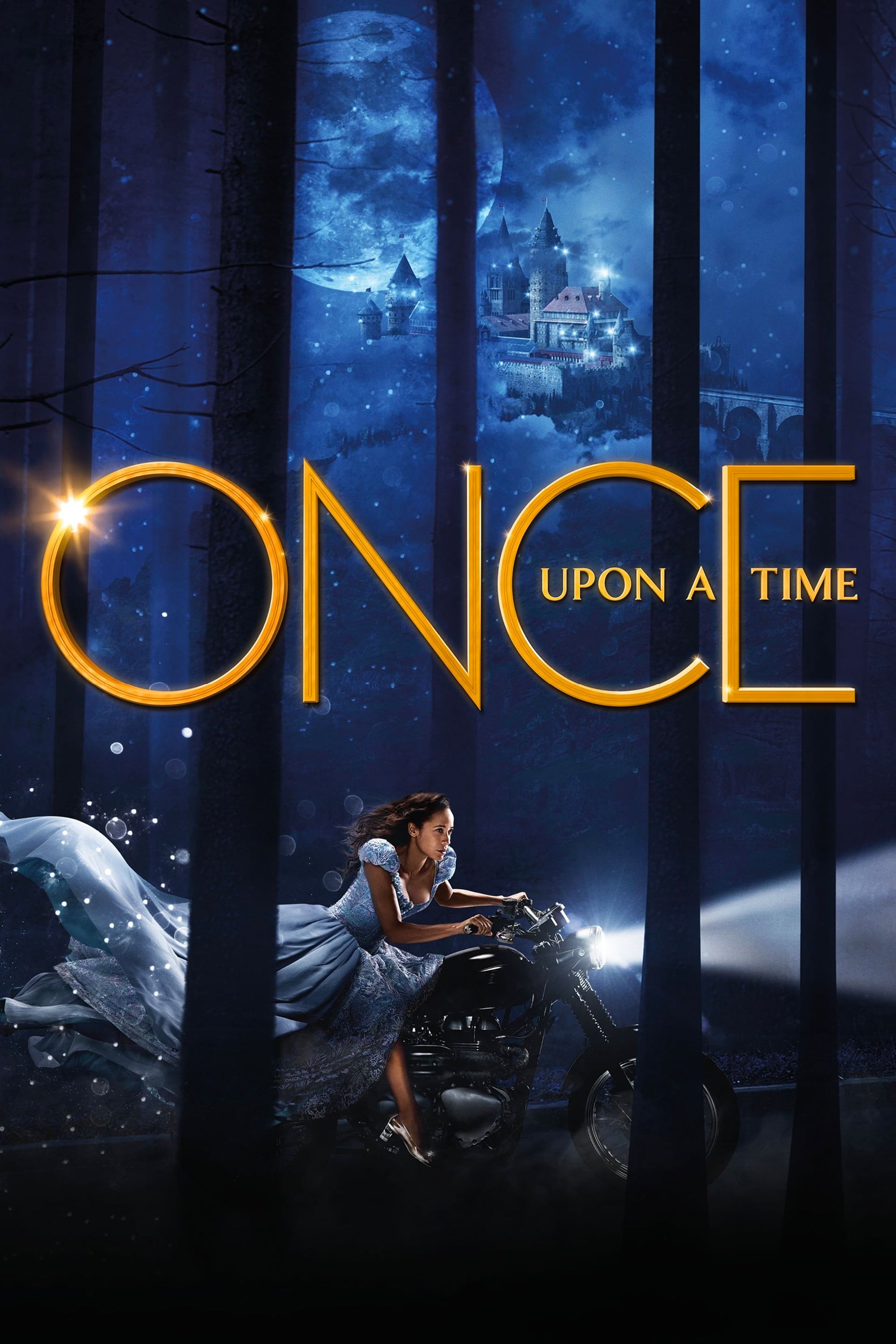The fantasy genre shines on television, as the episodic nature of TV shows allows for plenty of time to focus on world-building and magic systems while still providing character development. However, all the moving parts and expectations surrounding fantasy TV series make it difficult for a show to hit the mark in every aspect of the story. Common issues arise with fantasy TV shows that continue for too long, running out of ideas and growing repetitive before the finale. In a perfect show, there can’t be any major problems or too many moments that make viewers quit the series.
Many of the best fantasy TV shows of the 2020s are almost perfect and could prove themselves to be the best of the 21st century before their stories end. More often than not, great fantasy shows are based on books, giving the seasons structure and providing a strong storyline for the script. However, if the source material runs out before the show concludes, the writers must develop original plots. This can often disrupt the familiar themes and tone of the series. Many elements impact a show’s legacy, but a series doesn’t need to be flawless to be fun and memorable.
10 Game Of Thrones (2011–2019)
The final season of GOT upended seasons of character development
It’s no secret that Game of Thrones season 8 was a major disappointment for critics and viewers who had stuck with the show from the beginning. For a long time after season 5, when the series went past the story from George R.R. Martin’s source material, Game of Thrones remained strong and included some of the best battles and character development of the show. However, season 8 failed to maintain the momentum and thrills of the earlier episodes.
As time progresses,
Game of Thrones
will continue to be well-remembered, but the final season won’t be.
Thankfully, this hasn’t destroyed the show’s legacy, as most of Game of Thrones revolutionized what fantasy television could be. It’s a great fantasy TV show for beginners because its drama makes the story a crossover hit, but it also appeals to fans of high fantasy thanks to the intricate world-building and political intrigue. However, the many spinoffs of the series help recall the best parts of the early seasons. As time progresses, Game of Thrones will continue to be well-remembered, but the final season won’t be.
|
Series |
Rotten Tomatoes Critic Score |
Rotten Tomatoes Audience Score |
|
Game of Thrones (2011–2019) |
89% |
85% |
9 The Magicians (2015–2020)
Lev Grossman’s book series is made even more magical on TV
Like many of its contemporaries, The Magicians is based on a book series by Lev Grossman and had to come up with an original story following the conclusion of season 3. However, even without the story from Grossman’s trilogy, The Magicians managed to keep spinning its tale for two well-received seasons. The biggest issue with The Magicians throughout its run is that sensitive material and subjects aren’t always handled with the most grace, and the multiple universes and plots can get confusing.
Though The Magicians season 4 finale was polarizing, the final season was a stunning return to form and allowed the series to end on a high note. One of the most consistently praised aspects of The Magicians is how well the series incorporates modern humor and references into the script. This makes the characters feel natural within the world, even when they’re performing spells. While the scattered pacing and many intersecting storylines can be difficult to keep track of, the characters are what keeps the audience coming back for more.
|
Series |
Rotten Tomatoes Critic Score |
Rotten Tomatoes Audience Score |
|
The Magicians (2015–2020) |
91% |
74% |
8 Pushing Daisies (2007–2009)
This short-lived series could have been amazing if given more time
The 2007-2008 WGA strike played a part in the abrupt cancelation of Pushing Daisies, which incorporated a unique style and whimsical magical realism into a show with a flawlessly executed tonal balance. The series stars Lee Pace as Ned and Anna Friel as Chuck, the characters with explosive chemistry and a love story that can never be. However, romance is far from the only part of Pushing Daisies that makes the show so iconic, as the fantasy elements seamlessly fit into the colorful and offbeat world of the story.
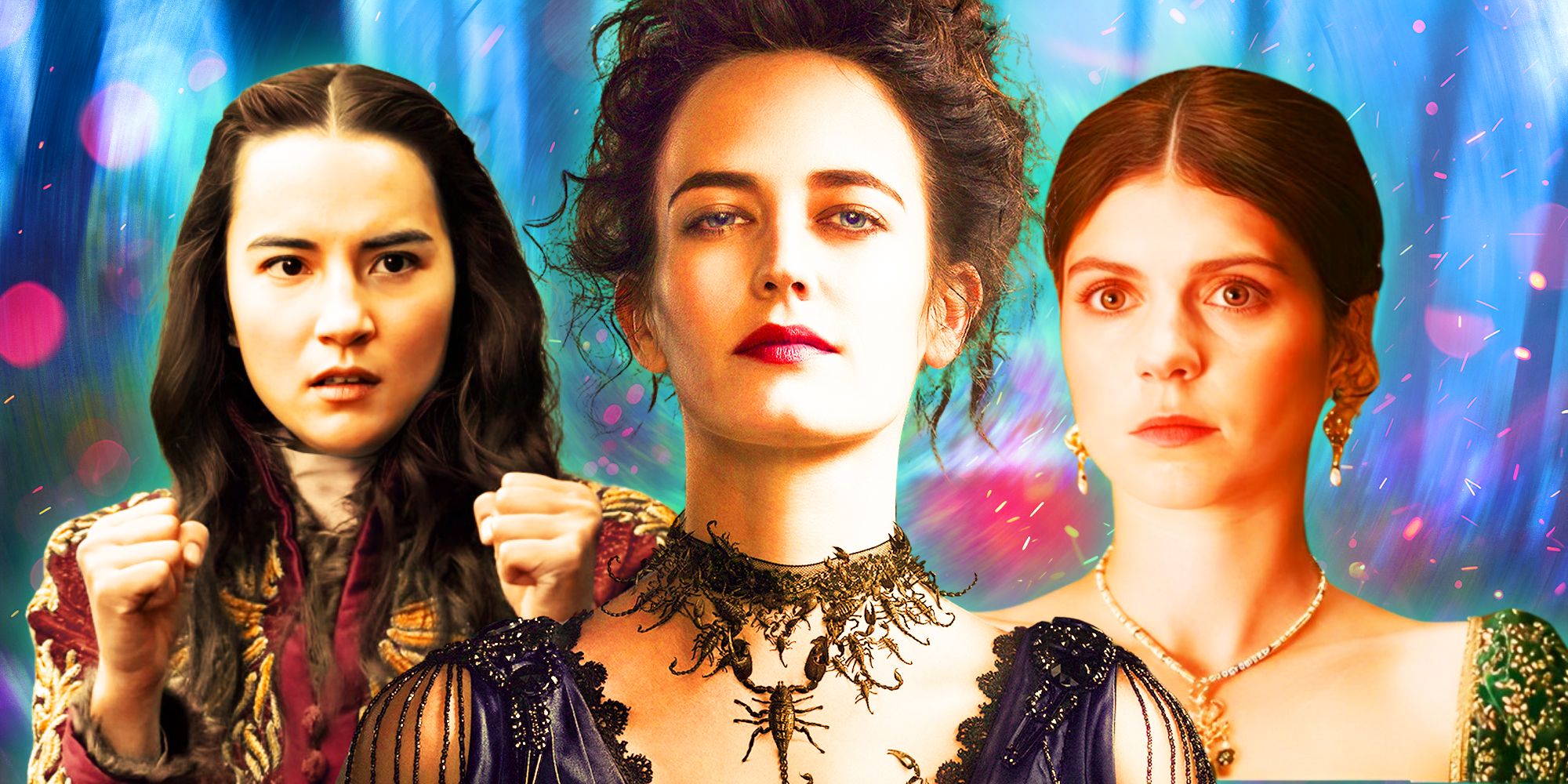
Related
10 Great Fantasy TV Shows That Deserved More Seasons
It’s common for a TV show to end before its time, but when it comes to fantasy series, some desperately need more seasons to complete their arcs.
Unfortunately, because it was cut short, Pushing Daisies wraps up too quickly and doesn’t see all of its characters get the endings and development they deserve. If Pushing Daisies had gone on for many years, there’s no telling what its legacy might have been. Instead, it’s an underrated gem that many audiences recognize as the influential piece of programming it was. While some of the visual effects are dated, this pales in comparison to the strength of the storytelling.
|
Series |
Rotten Tomatoes Critic Score |
Rotten Tomatoes Audience Score |
|
Pushing Daisies (2007–2009) |
96% |
95% |
7 Good Omens (2019–Present)
David Tennant and Michael Sheen make for an iconic pair in this offbeat comedy series
The chemistry between Crowley (David Tennant) and Aziraphale (Michael Sheen) is by far the best part of Good Omens, a series that already has a lot going for it. In season 1, the demon and angel must team up to prevent the end of the world, and the show has a lot of fun imagining what different parts of heaven, hell, and everything in between might look like. The consistency of the visual style and writing is a strong part of Good Omens, which immerses the viewer in its unexpected story.
Good Omens season 2 is a little slower and less intricately crafted than season 1, but that’s to be expected, as the show was based on a standalone book. Season 2 focuses more specifically on Crowley and Aziraphale and their personal relationship, whereas the stakes of season 1 are much higher, with the fate of the world at stake. Though there are fewer moving parts in season 2, it’s still compelling, if a little more traditional than the subversive first outing.
|
Series |
Rotten Tomatoes Critic Score |
Rotten Tomatoes Audience Score |
|
Good Omens (2019–Present) |
86% |
94% |
6 His Dark Materials (2019–2022)
Philip Pullman’s seminal book series is faithfully brought to life
His Dark Materials does a much better job adapting Philip Pullman’s fantasy series than the 2007 film The Golden Compass, but the many twists and turns of Pullman’s work are difficult to bring to life. The visual style of His Dark Materials aligns with the look and feel of Pullman’s writing, and Dafne Keen is a believable Lyra as she treks the globe and pushes herself to be brave for her friends and loved ones. However, in trying to be as faithful to the books as possible, His Dark Materials doesn’t take enough risks.
There are moments when
His Dark Materials
can be too on the nose with its criticisms, but the overall emotional impact still hits home in the final season.
Additionally, though the story gets quite dramatic and mature as the episodes progress, the series takes itself too seriously at times. At its heart, Pullman’s series is a work for children and young adults and should feel like a fantastical escape from the real world as much as it comments on the essential problems that plague humanity. There are moments when His Dark Materials can be too on the nose with its criticisms, but the overall emotional impact still hits home in the final season.
|
Series |
Rotten Tomatoes Critic Score |
Rotten Tomatoes Audience Score |
|
His Dark Materials (2019–2022) |
84% |
83% |
5 Lost (2004–2010)
Too many plot twists made the Lost’s story fade into the background
Lost season 1 is arguably a perfect season of television, and the two-part pilot of the series is one of the most effective in history. It’s no surprise that audiences have been hooked on Lost since it premiered in 2004, even if the series pushed itself too far as the story progressed. Though each installment of Lost has something to offer, the show got bogged down trying to live up to its reputation for having the best plot twists on TV. This led to narrative turns that weren’t smart or satisfying and came out of nowhere.
The downward spiral of Lost was cemented by the divisive series finale and the overall structure of season 6, which left audiences confused about the timeline. Before this, one of the most misguided choices on Lost was the introduction of time travel, which never quite fit into the many unsolved mysteries that Lost presented. However, the overarching fight of good versus evil played out between Jack and Locke is compelling enough to stick with the series.
|
Series |
Rotten Tomatoes Critic Score |
Rotten Tomatoes Audience Score |
|
Lost (2004–2010) |
86% |
90% |
4 Lucifer (2016–2021)
Tom Ellis’ performance as Lucifer continuously anchored this supernatural drama
Lucifer is a great example of a TV show that shouldn’t have been a crime procedural, as the series came into its own after the first cancelation when it moved to Netflix. After this network shift, Lucifer no longer adhered to the episodic formulas that plagued it and undercut the character development of the first three seasons, instead focusing on the central storylines and relationships with longer plot arcs. This made the final three seasons the best of the show.
From Tom Ellis’ charming turn as the devil himself to the series planting the seeds of the mystical lore of heaven and hell,
Lucifer
was always destined for greatness.
However, even when Lucifer was structured like a procedural, there was still a lot to love about the show. From Tom Ellis’ charming turn as the devil himself to the series planting the seeds of the mystical lore of heaven and hell, Lucifer was always destined for greatness. If it had begun with the resources and subversive plotting of the last few seasons, Lucifer might have gained even more explosive popularity. Despite this, the show is still remembered as one of the best supernatural dramas of its time.
|
Series |
Rotten Tomatoes Critic Score |
Rotten Tomatoes Audience Score |
|
Lucifer (2016–2021) |
87% |
73% |
3 The Leftovers (2014–2017)
Though not for everyone, The Leftovers doesn’t shy away from tough topics
There are many aspects of The Leftovers that make it such an iconic series, with its stellar cast, amazing writing, and unique premise all capturing the audience’s attention. However, it can be difficult to get into the show, as much of the series is relentlessly depressing, with the silver lining only appearing towards the end of the story. The fantasy and magical elements of The Leftovers are mysterious and open to the viewer’s interpretation, which can be frustrating.
However, most of these criticisms revolve around season 1, as each installment of The Leftovers only grew in critical and audience acclaim. Overall, watching The Leftovers is a test of patience, as some of the questions the series poses are never answered. It’s a philosophical and high-concept series, so it’s unsurprising that it remains polarizing but connects deeply with viewers who enjoy this kind of media. Ending strong with one of the best series finales of all time, The Leftovers is an acquired taste but worth committing to.
|
Series |
Rotten Tomatoes Critic Score |
Rotten Tomatoes Audience Score |
|
The Leftovers (2014–2017) |
91% |
90% |
2 Angel (1999–2004)
Buffy’s spinoff show soon became a great series on its own
Angel is a spinoff darker than the TV show it’s based on, Buffy The Vampire Slayer, and though the series wasn’t always perfect, it was emotionally resonant. Though David Boreanaz doesn’t have the same star power as Sarah Michelle Gellar, who leads Buffy, the ensemble of Angel has amazing chemistry, and Boreanaz’s Angel grows on the audience with his comedic timing.Angel is at its best when the show focuses on the overarching plots instead of getting bogged down with the monster-of-the-week format.
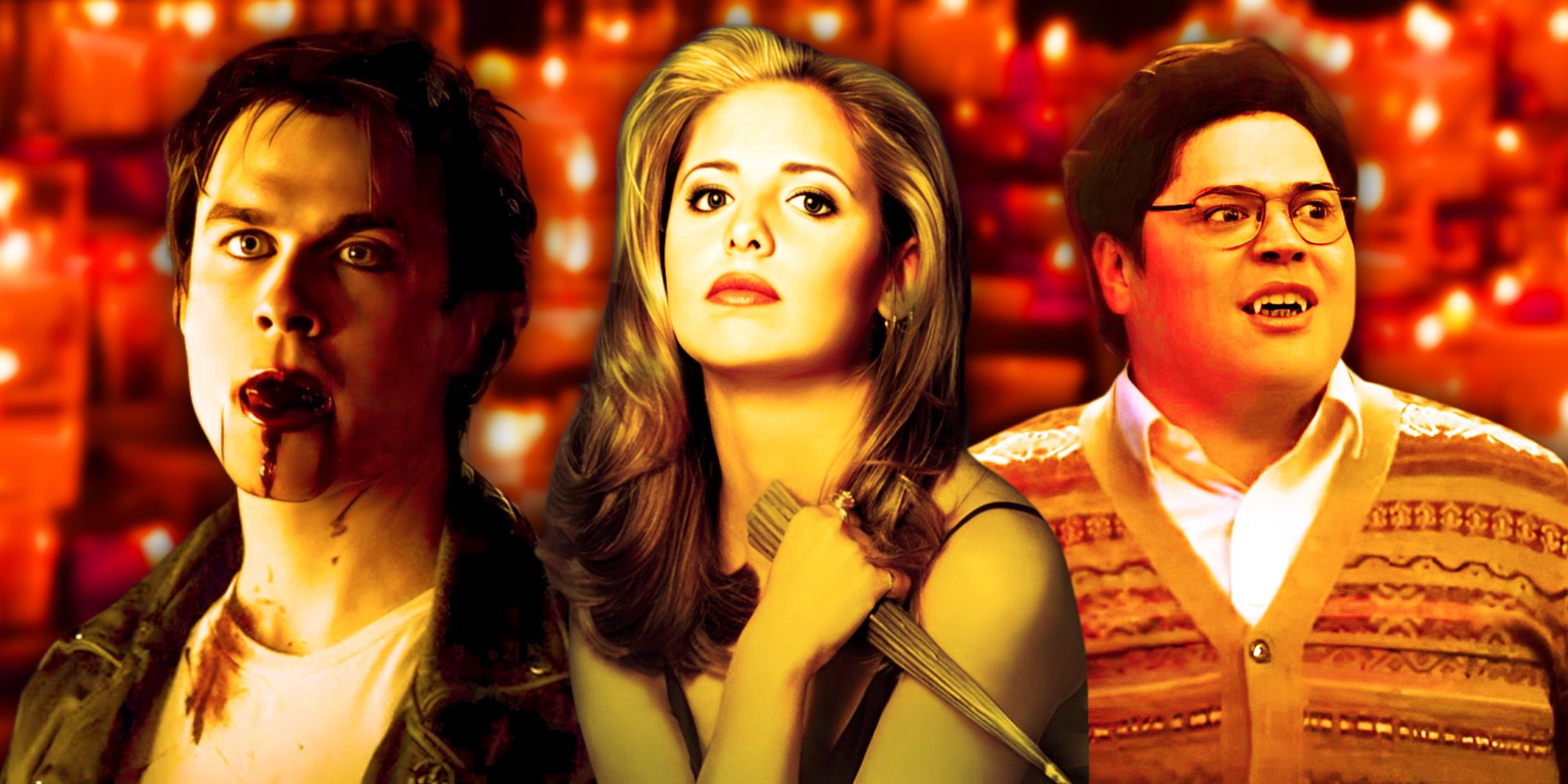
Related
10 Best Vampire TV Shows Of All Time, Ranked
As long as there have been scary stories, there have been tales about vampires, and the best TV shows about the mystical creatures are iconic.
Angel is a rare example of a series that seemed to be on its last legs in the penultimate season, only to finish with the strongest installment of the show with the conclusion. Angel season 5 is a brilliant piece of television and makes the struggle of season 4 worth getting through, but this can be a hard sell. Fortunately, the payoff of Angel season 5 encourages viewers to push through the show’s low points and be rewarded with some of the best supernatural television of all time.
|
Series |
Rotten Tomatoes Critic Score |
Rotten Tomatoes Audience Score |
|
Angel (1999–2004) |
87% |
88% |
1 Once Upon A Time (2011–2018)
A twist on the fairy tale genre that had enormous potential
It’s not surprising that Once Upon a Time was developed by two writers on Lost, as both series fell victim to similar problems. Like Lost, Once Upon a Time had an almost perfect first season that utilized the flashback trope flawlessly, revealing just information about the character’s pasts to keep the audience on the edge of their seats. However, Once Upon a Time quickly recovered and practically had a soft reboot in season 2 to exciting results. From there, the next few seasons went deeper into the themes of good versus evil and the question of redemption.
Of course, after a while, it was impossible to sustain the fantasy show’s premise, as there were only so many fairy tales and Disney IPs to expand on before the formula grew repetitive. However, the nail in the coffin for Once Upon a Time was the final season’s time jump and the fact that so many of the original characters were absent for season 7. One of the best parts of Once Upon a Time was that it updated classic fairy tales better than most modern remakes, but it began to lose originality by the end.
|
Series |
Rotten Tomatoes Critic Score |
Rotten Tomatoes Audience Score |
|
Once Upon A Time (2011–2018) |
78% |
78% |



